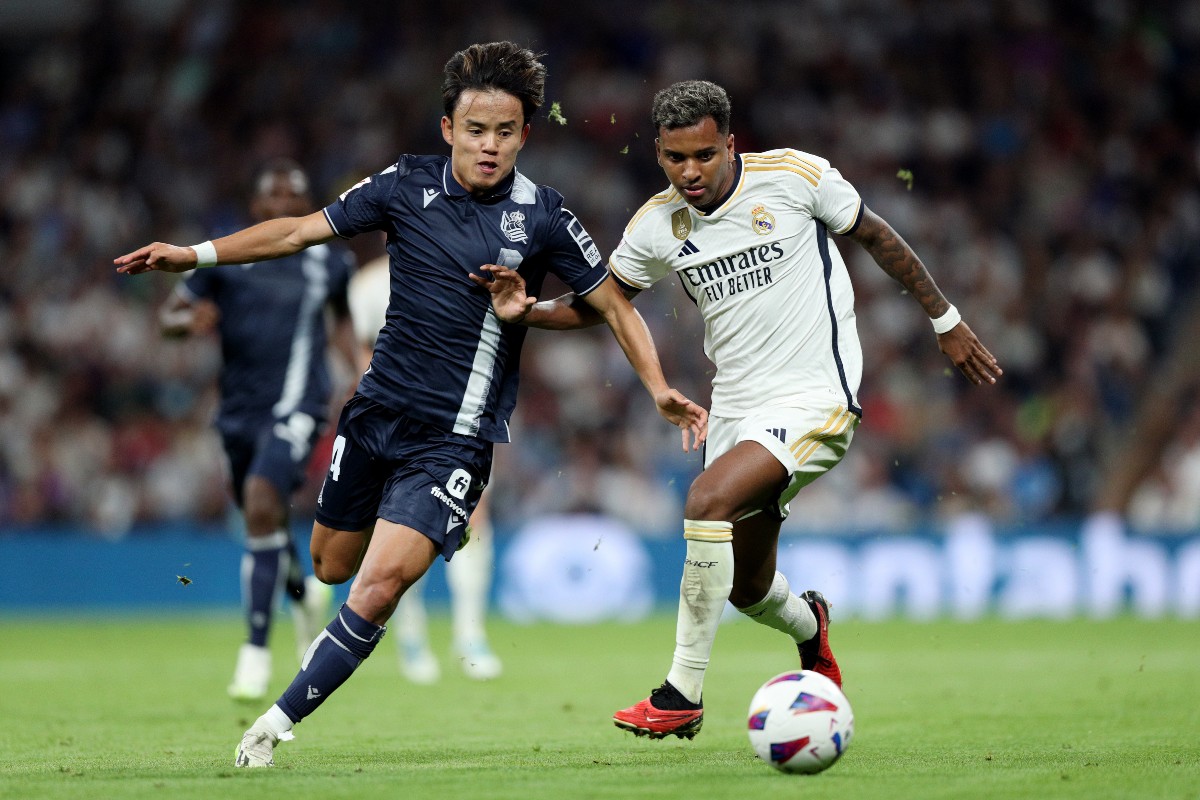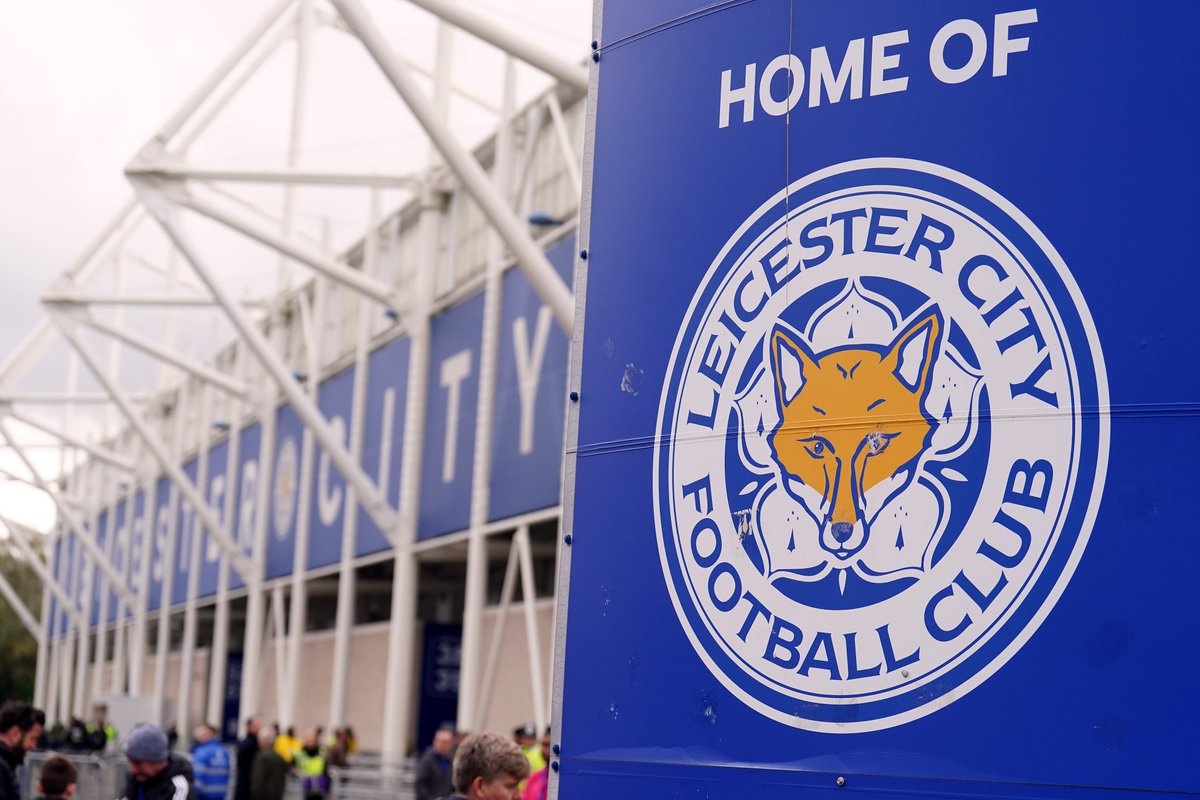Liverpool have recalled defender Calvin Ramsay from his loan spell at Championship outfit Preston North End and the Merseyside club plan to send the youngster back out on loan this month.
The Scottish star made the move last summer hoping to get regular minutes under his belt, but injury has only allowed him to make just two appearances during his stay at Deepdale. Ramsay hadn’t featured for Preston since their defeat to Queens Park Rangers in early December but is now back in Liverpool as the Reds plan his next move.
According to The Athletic, Liverpool are keen for Ramsay to play regular first-team football in the second half of the season to aid his development so it’s expected that the Scotsman will be loaned out again before the end of this month.

Ramsay has yet to make an impact at Liverpool since joining during the summer of 2022 and many thought that his recall would give him an opportunity given the current injury to Trent Alexander-Arnold.
Jurgen Klopp seems to be happy with Conor Bradley occupying the position until the England international returns as Ramsay looks for other ways to climb the ladder at the Merseyside club.



